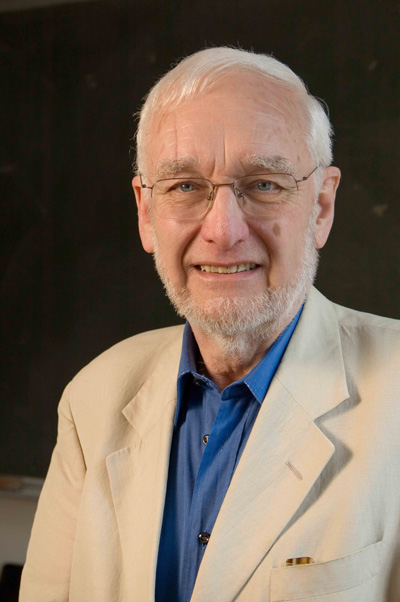Special thanks to Martin Rudwick for answering 5 questions about his recently featured book – Earth’s Deep History: How it Was Discovered and Why it Matters
Martin John Spencer Rudwick is an emeritus professor of History at the University of California, San Diego and an affiliated research scholar at Cambridge University’s Department of History and Philosophy of Science. His principal field of study is the history of the earth sciences, for which he received the Sue Tyler Friedman Medal in 1988; his work has been described as the “definitive histories of the pre-Darwinian earth sciences”. Rudwick was also the recipient of the 2007 George Sarton Medal from the History of Science Society. Rudwick was an early scholar to critique the conflict thesis regarding religion and science. – Wikipedia
#1 – What was the impetus for Earth¹s Deep History?
I guess you mean, for writing the book. Its theme – the discovery of the Earth’s own history – has fascinated me since the time long ago when I was primarily a scientist. Since I shifted sideways into the history of the sciences, I’ve made it the subject of most of my research. As I mention in the Acknowledgements, I developed the plan for this book through teaching courses at successive universities, and I owe much to the students who followed these courses, for helping me get it into shape (even though they didn’t know it!).
#2 – Why is geology thought of as different to other sciences like physics or chemistry? Is it the same? Is it different?
I always adopt the traditional use of “sciences” in the plural, rather than a singular “Science”, to remind myself and others of the sheer diversity of the sciences. Most of geology is unlike most of physics and chemistry (but like important parts of biology and cosmology) in having a major interest in the _history_ of most of its natural phenomena, as well as in the ahistorical causal “laws” of nature that underlie them. Hence its close analogy with the study of human history. In my book I argue that this is more than an analogy: human history-writing was the key to learning how to reconstruct nature’s history, which helped differentiate geology from other natural sciences.
#3 – Knowing the age of the Earth has been an important concept in our history. How do you think we consider its importance compared to previous ages?
In my book I try to downplay the significance of just knowing the Earth’s age, relative to knowing what happened during all that time, i.e. its history. Much of geology’s most spectacular advances were made (in the 19th century) _before_ the age could be measured. In practice it made little difference whether the age was a few millions or in several billions of years. 20th-century geology has shown, even more than was apparent before, that humans are recent newcomers in time. In this it parallels modern cosmology with regard to space.
#4 – You write about a number of scientists, which scientist has provided us with the greatest insights into the history of the Earth?
I take the view – unfashionable among historians of geology – that one of the most influential figures was not Lyell but Cuvier, whose work on fossil mammals first established firmly the idea of a prehumen past history of the Earth that could be reconstructed reliably, as more than just science fiction. (He was also a major inspiration for my own career shift from geology to its history.)
#5 – Are you working any new projects/books that you can tell us about?
Like many authors, I need a breather after the effort of seeing this book through the press. As the blurbs note, it summarises all the research of my second career, and it condenses (in the middle chapters) the substance of two large earlier volumes, Bursting the Limits of Time and its sequel Worlds before Adam. I’ve been urged to write something more on the recent challenge (or threat) posed by creationism, but I think I’ve said all I want on that score in this book (and in one or two earlier articles). So I can’t (yet) answer your question!
[Image Credit: http://www.britac.ac.uk/images/fellows/5523.jpg ]

Martin Rudwick wrote one of the finest history of science books I’ve ever read, The Great Devonian Controversy. I very much look forward to reading his latest book.
Bill Erickson
Lover of Geology and its history